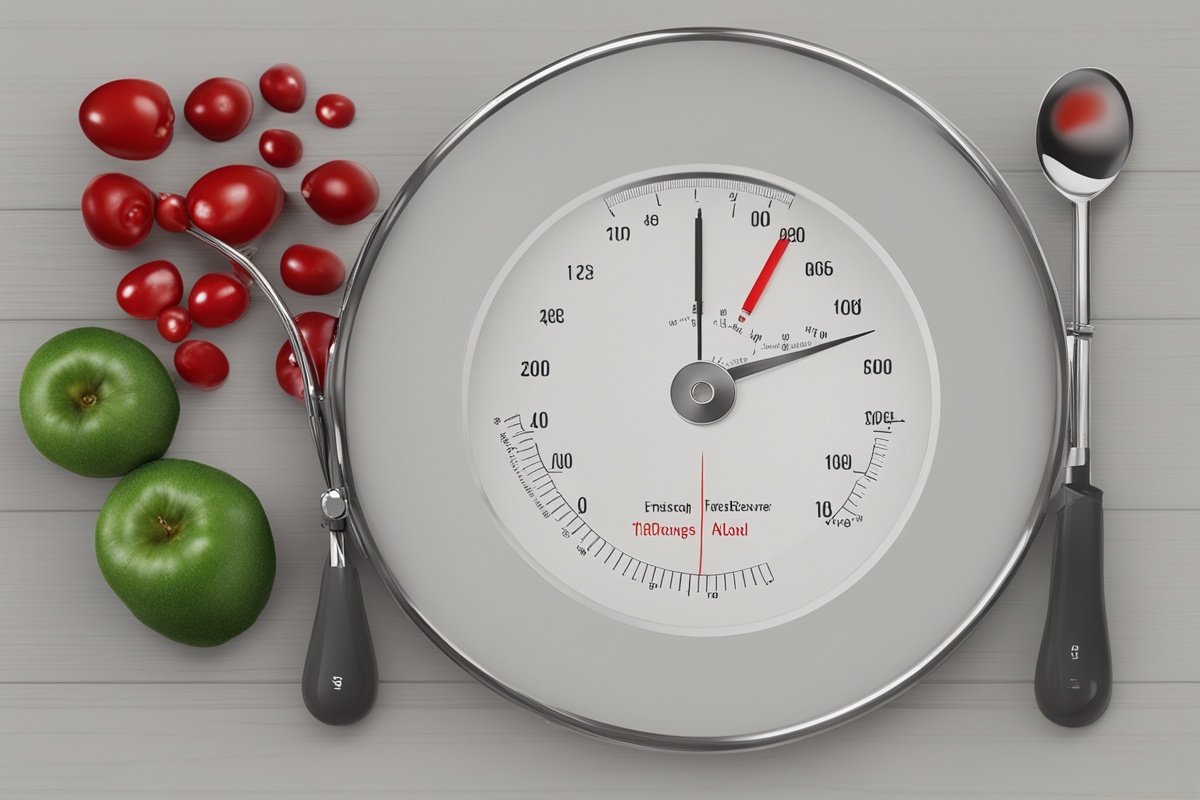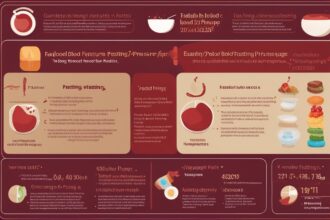Intermittent fasting (IF) has gained significant attention in recent years as a potential strategy for improving overall health, including managing chronic conditions like hypertension. Hypertension, or high blood pressure, affects millions of people worldwide and is a leading risk factor for heart disease and stroke. While traditional treatments often involve medication and lifestyle changes, many are exploring alternative approaches like intermittent fasting to support blood pressure control. In this article, we’ll dive into the connection between intermittent fasting and hypertension, exploring how this eating pattern may help in managing hypertension with intermittent fasting.
What Is Intermittent Fasting and How Does It Work?
Intermittent fasting is not a diet in the traditional sense but rather an eating pattern that alternates between periods of eating and fasting. Popular methods include the 16/8 method (fasting for 16 hours and eating within an 8-hour window), the 5:2 diet (eating normally for five days and restricting calories on two non-consecutive days), and alternate-day fasting. During fasting periods, the body undergoes metabolic changes, such as improved insulin sensitivity and reduced inflammation, which may contribute to better health outcomes.
For individuals with hypertension, these metabolic shifts can be particularly beneficial. Fasting may help reduce body weight, lower insulin resistance, and decrease stress on the cardiovascular system, all of which are linked to blood pressure regulation. By incorporating intermittent fasting into a balanced lifestyle, some individuals may see improvements in their blood pressure readings over time.
The Link Between Hypertension and Lifestyle Factors
Hypertension is often influenced by lifestyle factors such as poor diet, lack of physical activity, stress, and excess body weight. Diets high in sodium, saturated fats, and processed foods can contribute to elevated blood pressure, while stress and sedentary habits exacerbate the condition. Losing even a small amount of weight—5-10% of body weight—can significantly lower blood pressure, and this is where managing hypertension with intermittent fasting comes into play.
Intermittent fasting can promote weight loss by reducing overall calorie intake and enhancing fat-burning processes during fasting periods. Additionally, fasting may help reduce sodium retention in the body, a key factor in blood pressure control. By addressing these lifestyle-related contributors, IF offers a holistic approach to managing hypertension. For more insights on how lifestyle impacts blood pressure, check out our post on Lifestyle Changes for Blood Pressure Control.
Scientific Evidence on Intermittent Fasting and Blood Pressure
Research on intermittent fasting and its effects on blood pressure is still emerging, but early studies show promising results. A 2019 study published in the journal Obesity found that participants following a time-restricted eating pattern (a form of intermittent fasting) experienced significant reductions in blood pressure alongside weight loss. The researchers attributed these improvements to decreased insulin levels and enhanced metabolic flexibility.
Another study from 2021, published in Nutrition and Diabetes, suggested that intermittent fasting could reduce oxidative stress and inflammation—two factors that contribute to hypertension. While more large-scale, long-term studies are needed, these findings indicate that managing hypertension with intermittent fasting could be a viable complementary strategy for some individuals. To learn more about the science behind fasting, explore our article on The Science Behind Fasting.
Benefits of Intermittent Fasting for Hypertension Management
Intermittent fasting offers several potential benefits for individuals looking to manage hypertension. Here are some key advantages:
- Weight Loss: Excess weight is a major risk factor for high blood pressure. IF can help reduce body fat by creating a calorie deficit and boosting metabolism.
- Improved Insulin Sensitivity: Fasting periods may enhance insulin sensitivity, which is often impaired in individuals with hypertension, reducing strain on the cardiovascular system.
- Reduced Inflammation: Chronic inflammation contributes to high blood pressure. Fasting has been shown to lower inflammatory markers in the body.
- Lower Sodium Levels: Fasting may help the body excrete excess sodium, which can decrease blood volume and pressure on artery walls.
These benefits highlight why managing hypertension with intermittent fasting is gaining traction as a natural approach to blood pressure control. For additional tips on reducing inflammation, read our guide on Anti-Inflammatory Diets for Heart Health.
How to Start Intermittent Fasting Safely for Hypertension
Before beginning intermittent fasting, especially for managing hypertension, it’s crucial to approach it safely and with guidance from a healthcare provider. Here are some steps to get started:
- Consult Your Doctor: If you’re on blood pressure medication or have other health conditions, fasting could affect how your body responds to treatment. Always seek medical advice first.
- Start Slow: Begin with a less intense fasting schedule, such as the 12/12 method (12 hours of fasting and 12 hours of eating), before progressing to more restrictive patterns like 16/8.
- Stay Hydrated: Dehydration can worsen blood pressure issues. Drink plenty of water during fasting periods, and avoid sugary or caffeinated beverages that may spike blood pressure.
- Focus on Nutrient-Dense Foods: During eating windows, prioritize whole foods like fruits, vegetables, lean proteins, and healthy fats to support cardiovascular health.
- Monitor Your Blood Pressure: Keep track of your readings regularly to see how fasting impacts your hypertension and report any unusual changes to your doctor.
For a deeper dive into starting a fasting routine, check out our beginner’s guide on Intermittent Fasting for Beginners.
Potential Risks and Precautions When Fasting with Hypertension
While intermittent fasting shows promise for managing hypertension, it’s not without risks, especially for those with pre-existing conditions. Fasting can lead to low blood sugar, dehydration, or electrolyte imbalances, which may affect blood pressure stability. Individuals on antihypertensive medications should be particularly cautious, as fasting might alter how these drugs work in the body.
Additionally, over-fasting or extreme calorie restriction can cause fatigue, dizziness, or even spikes in stress hormones like cortisol, which could elevate blood pressure. It’s essential to listen to your body and stop fasting if you experience adverse effects. For more information on potential risks, refer to our post on Fasting Risks and Precautions.
Disclaimer: The information provided in this article is for educational purposes only and should not be considered medical advice. Intermittent fasting may not be suitable for everyone, especially individuals with hypertension or other chronic conditions. Always consult a healthcare professional or registered dietitian before starting any fasting regimen or making significant changes to your diet or lifestyle. We are not responsible for any adverse effects resulting from the application of the information discussed in this post.
References
- Wilkinson, M. J., et al. (2019). Ten-Hour Time-Restricted Eating Reduces Weight, Blood Pressure, and Atherogenic Lipids in Patients with Metabolic Syndrome. Obesity.
- Sutton, E. F., et al. (2021). Early Time-Restricted Feeding Improves Insulin Sensitivity, Blood Pressure, and Oxidative Stress. Nutrition & Diabetes.
- American Heart Association. (n.d.). Changes You Can Make to Manage High Blood Pressure.
- Mayo Clinic. (n.d.). High Blood Pressure (Hypertension): Lifestyle and Home Remedies.
- Centers for Disease Control and Prevention. (n.d.). Manage High Blood Pressure.
This content is for informational purposes only and not a substitute for professional advice.






